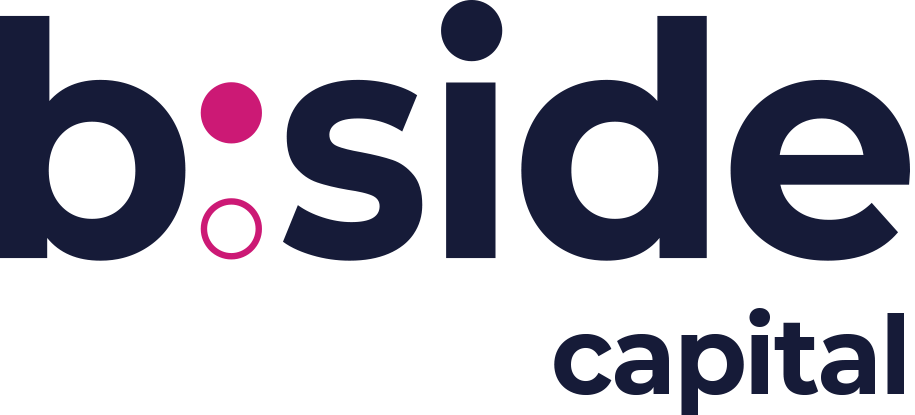Guide for a Successful Loan Application
For many businesses, loans have become an essential part of operating and expanding a business. Whether it be to purchase new equipment or inventory, acquire a business, purchase real estate, or reach other goals, loans can be a valuable tool when managed wisely. However, obtaining a loan is not as simple as filling out an application form. It requires careful planning and preparation. In this blog, we will explore the key elements that make a loan application successful. But what sets apart those who get their loans approved from those who face rejection? Here we will delve into some of the key factors that make a successful loan application, helping you increase your chances of securing the funding you need.
A Clear Purpose
The first step in crafting a successful loan application is having a crystal-clear purpose for the loan. Lenders want to know exactly how you plan to use the funds, such as for working capital, purchasing real estate, acquiring a business, purchasing inventory, etc. You should also be able to communicate how you have calculated the amount needed. This benefits you as well, as you don’t want to burden your business with unnecessary debt nor have to go back for more funding.
Strong Credit History
Strong credit is always a highly important consideration but it is not just your credit score. Lenders review your credit history to determine how you have handled debt in the past, as well as how much existing debt you have. Having a strong history of timely payments and fully paid off debt may also help you secure a lower rate on your loan. Learn more about credit reports and their importance here.
However, this isn’t to say having completely perfect credit means you will be denied a loan by all lenders. There are many organizations able to assist when traditional lenders are not comfortable with the risk. B:Side Fund has helped hundreds of small businesses obtain financing where traditional lenders could not.
Source of Repayment
As with any loan, lenders need to see that you have a steady and sufficient source of income to make payments on your loan, in addition to handling existing debt and the operating costs of running a business. For tips on how to cut operation costs, click here. For start-ups, it is especially vital to prove you can handle your commercial loan payments with an alternate source of income, such as another job, until your business is generating consistent income.
Organized Documents
Keep your documents organized and up to date avoids delays in the process and the stress of searching for documents last minute. Be ready to provide current financial statements for both the business and yourself. Ensure your corporate documents, such as business licenses, lease and operating agreements, as well as any incorporation documents are readily available and clearly outline ownership and management of your business.
Adequate Collateral
Secured loans require collateral to back the loan. The value and quality of the collateral play a significant role in the lender's decision. Depending on the lender and loan amount collateral for a business loan can vary. For SBA 504 loans, the collateral is often a deed of trust on the property being purchased. For SBA 7(a) loans, collateral could include equipment, inventory, accounts receivable, or other business assets. Collateral for direct loans may be more flexible, depending on the loan amount and lender. Keep in mind that if you plan on selling any of the collateral during the life of the loan, ensure you reach out to your lender first to discuss if replacement collateral is required.
The Right Partner
Perhaps the most important consideration in applying for a loan is ensuring you have the right partner. Fostering a good relationship with your lender establishes trust and can make the process smoother and more successful. Looking for a bank or credit union? View our list of partner lenders.
Good Relationship with the Lender
Building a positive relationship with your lender can also work in your favor. Establish trust and open communication, explain your financial goals and needs transparently. Clearly state the purpose of the loan and how you plan to use the funds.
Honesty and Transparency: Always provide accurate and complete information about your financial situation. Hiding or misrepresenting information can lead to distrust.
Ask Questions: Don't hesitate to ask questions and seek clarification on the loan terms and conditions. Make sure you fully understand the terms before committing to them.
Remember, a successful loan application is not just about getting the funds you need but also about managing your financial responsibilities wisely. Your lender is here to support you and help guide your financial decisions.
While there are no guarantees in the world of loan applications, understanding the key factors that make an appealing application can significantly improve your odds of approval. It's essential to prepare, maintain a strong credit profile, and demonstrate your ability to manage debt responsibly. By following these guidelines, you'll be well on your way to securing the funding you need to achieve your financial goals.
Remember, each lender may have its unique criteria, so it's crucial to research and tailor your application accordingly for the best results. Have more questions on the loan application process? Email us and someone from our team will reach out. Think you are ready to apply? Fill out our eligibility check here.
